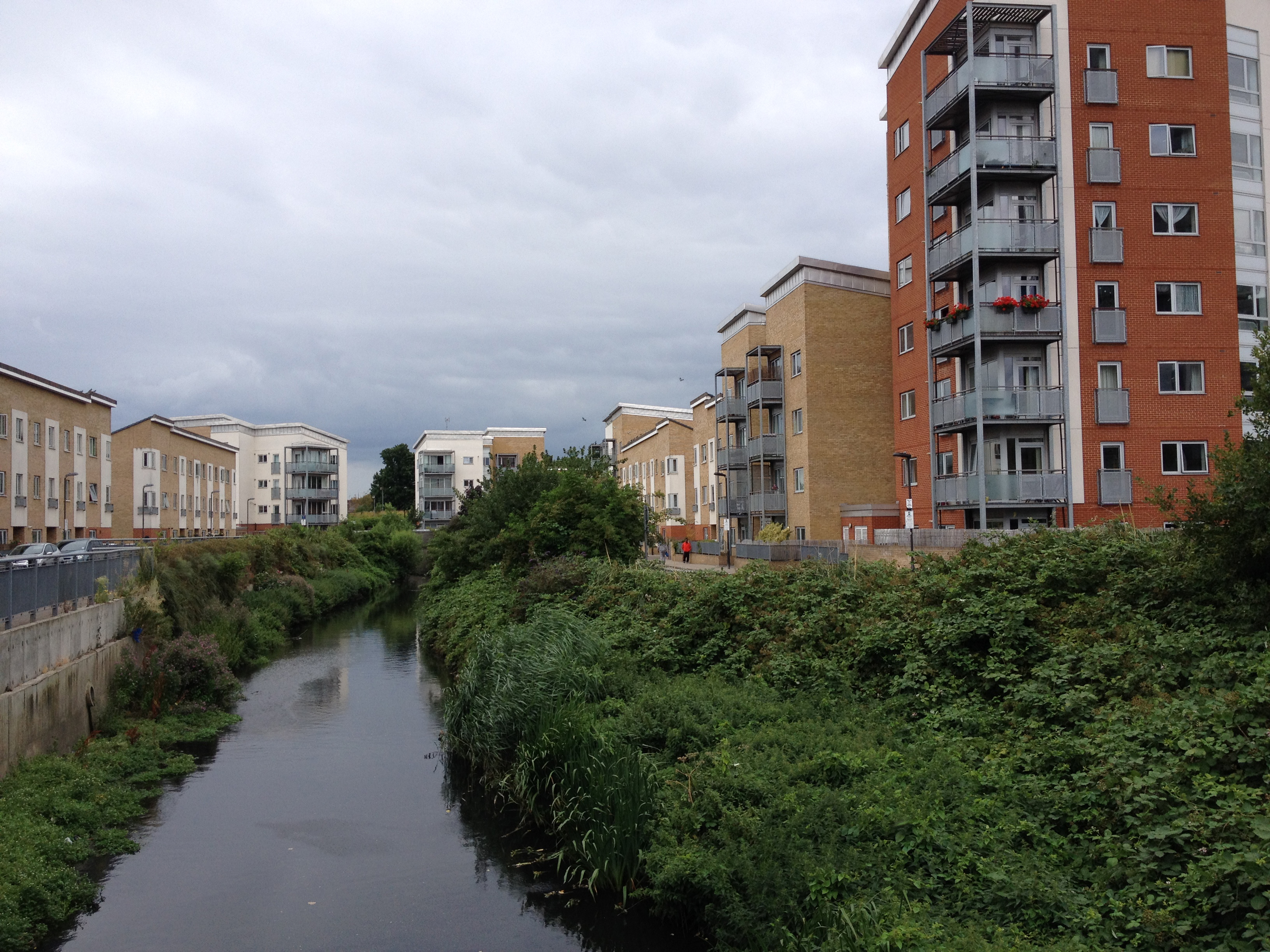
Introduction
This briefing will be of interest to all councillors in London with a relevant portfolio or a general interest in flood management. The London Surface Water Strategy is part of a broader story of London’s climate resilience. London has been described as “underprepared” in the interim London Climate Resilience Review, and surface water has been upgraded to one of the highest risks on the London Risk Register. London must take action now to transform our approach to flooding.
Why
In July 2021, two extreme rainfall events hit the capital, leading to flooding across 24 Boroughs, with more than 2,000 properties damaged. The events were characterised by a period of drought beforehand and a high tide and winds during the events (exacerbated by climate change), which cannot be controlled. However, reviews after the events made many recommendations and highlighted two key areas of improvement that are firmly in our control:
1. Collaboration between the emergency services.
2. Long-term planning for flood alleviation from rainfall events for London.
The development of a London Surface Water Strategy was a universal recommendation from the reviews. A key assumption during the development has been that the current system failed in 2021 and is highly likely to fail again with increasingly extreme and frequent weather events. Therefore, the Strategy must have an aspect of transformation included within its recommendations.
Who
Following the flooding events, the Mayor convened a roundtable of key Risk Management Authorities and other partners to discuss the future of surface water management in the capital. At the same time, the Environment Agency and London Councils set up a jointly led Task and Finish Group which eventually became the London Surface Water Strategic Group, made up of the GLA, London Councils, the Environment Agency, Transport for London, Thames Water, the London Fire Brigade and the Thames Regional Flood and Coastal Committee.
London Councils holds six seats on this group, made up of the TEC Chair and Vice Chairs, plus two Thames RFCC members. Led by an independent chair, they oversee the strategy development and its implementation.
What
The Strategy is the first of its kind in London and is unique in its cross-organisational approach. This collaborative approach is crucial as different organisations have responsibilities for different aspects of flooding. Boroughs, as Lead Local Flood Authorities, have responsibility for coordinating a response to local flood risk, including specific management of surface water flooding, groundwater and ordinary watercourses. Highways and Planning Authorities also have responsibilities in managing flood risk.
One outcome of the current governance system is a highly localised approach to flooding, with permissive intervention powers. Boroughs have a duty to prepare a flood management strategy, maintain a register of assets, and investigate significant flooding incidents but, funding and capacity present significant barriers. Collaboration across borough boundaries is therefore challenging.
This Strategy aims to resolve these challenges. It will produce new mapping showing how water flows across borough boundaries, identify hotspots and priorities across London, and produce recommendations at a London level. This is intended to support rather than replace local strategies, enabling boroughs to consider cross-boundary implications and alleviate structural issues that hamper planning.
When
July 2024 will be the three year anniversary of the flooding events which prompted this piece of work. The Strategy Group will produce its regular Annual Monitoring Report and an interim report on the Strategy development. The launch of the full Strategy will be later in the year, including an Action Plan.
Achievements to date include a number of basement flooding campaigns, data-sharing agreements and getting the funding for and undertaking the commissioning the Strategy.
Next steps
Borough officers have been engaged in the development process so far and all boroughs are receiving updates via their Thames RFCC sub-regional flood partnership meetings.
However, in the coming months, we are seeking to ramp up engagement via our professional and political networks. Please watch out for invites from London Councils colleagues.
